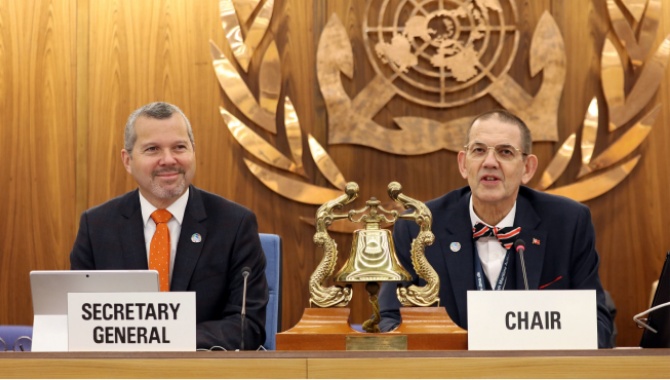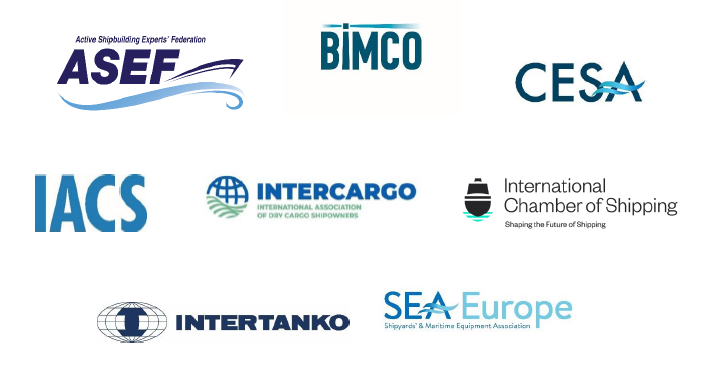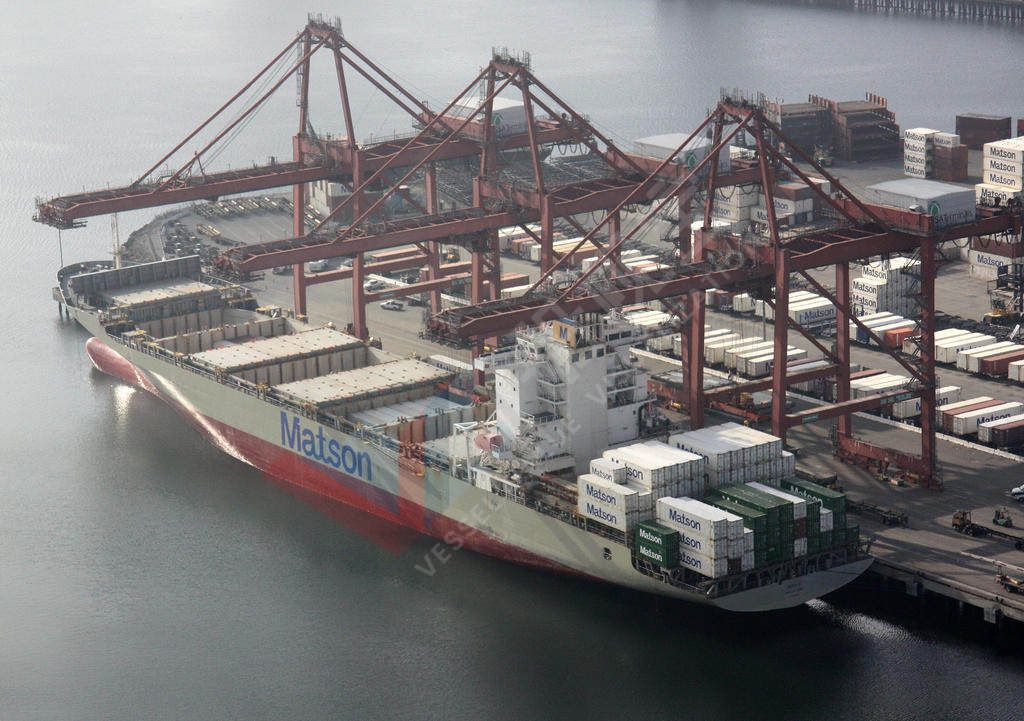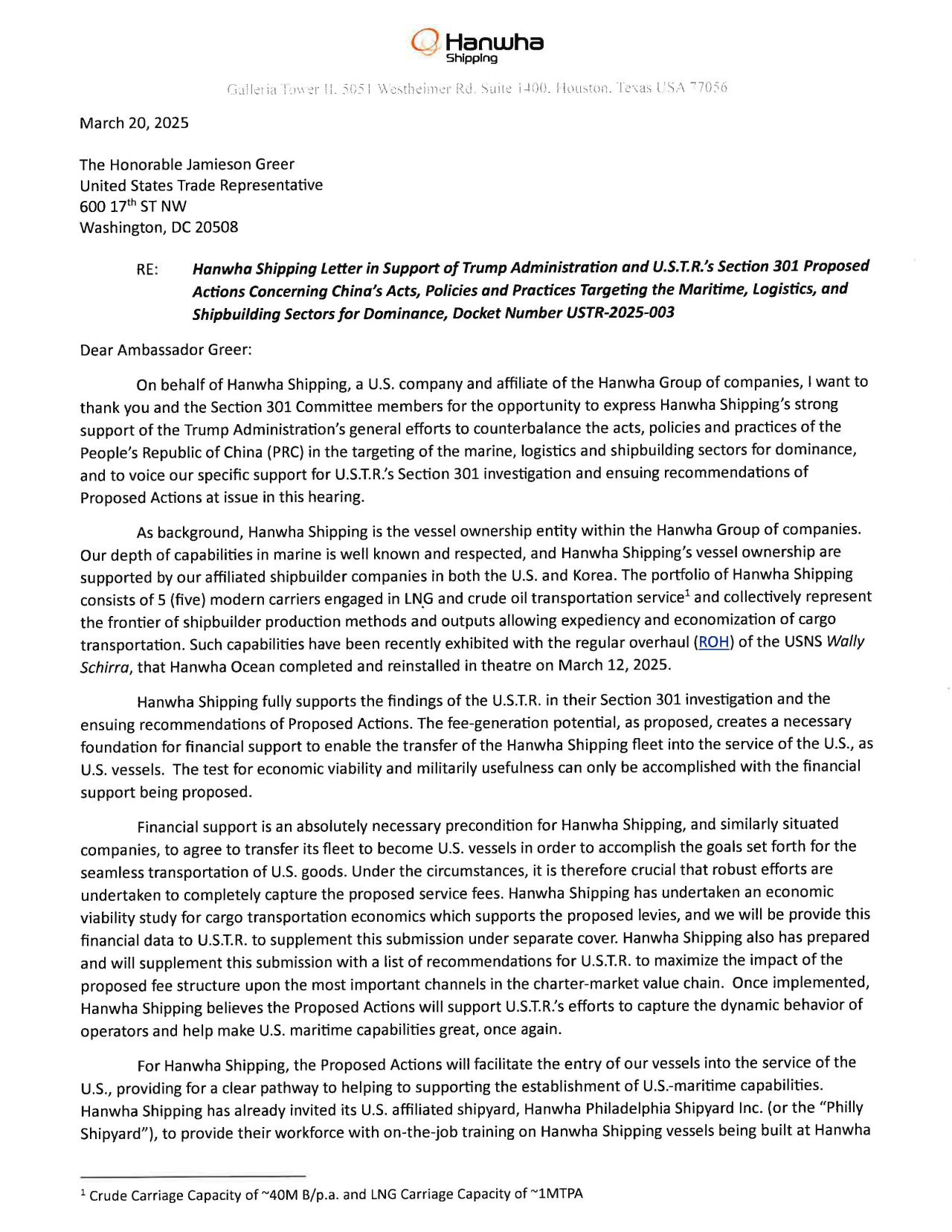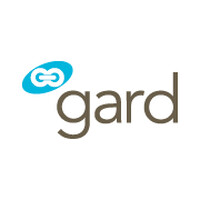
Lately, Gard has seen an increased public focus on environmental standards as well as working conditions at shipyards all around the world. Media reports have exposed poor health and safety conditions, labor rights violations, and environmental damage at some ofthese yards, raising concerns about the human rights and sustainability impacts of shipbuilding, ship repair and ship recycling.
This is why Gard has decided to offer more guidance on the topic. More specifically,shipowners that are in the process of contracting with repair and recycling yards will be ableto benefit from guidance from Gard, making it easier to identify potential risks and to choosethe best option. Ultimately, the decision of which yard to contract sits with the shipowner,but additional ESG information can be useful in the decision-making process and can also beused in the shipowner’s own sustainability reporting.
Poor health and safety standards
Potential adverse impacts on human rights at shipyards and scrapyards include:
· Poor health and safety standards, increasing the risk of accidents and injuries
· Workers may lack necessary health and safety training and proper personal protectiveequipment
· Large number of temporary /contract workers, increasing the risks of labor rightsviolations and exploitation
· Temporary and migrant workers are particularly at risk of abuse due to elevatedrecruitment fees paid to manning agencies, increasing the risk of debt bondage andforced labor
· Tight timeframe detriments labor standards (e.g. excessive overtime; inadequatecompensation) and may be reprimanded if workers voice their complaints
· Recruitment and employment agencies are not effectively monitored
· Dismantling is carried out on unregulated ship breaking yards, increasing risk of injuries,accidents and fatalities
· Ship breaking is carried out in countries with weak regulatory framework and lawenforcement, increasing risks of worker exploitation
· Toxic spills and water pollution cause adverse effects on seafarers, dockworkers and localcommunities.
Gard's advice:
Gard advises all shipowners conducting repairs or recycling ships to investigate whichstandards the potential yards adhere to and whether they are certified within ESG topics.
It is recommended that an invitation to tender or a single request for a repair quotationshould include a questionnaire with a request for the bidder to report their status on thefollowing topics:
· Quality Management System (QMS) as ISO 9001 or equivalent
· Environmental Management System, ISO 14001 or equivalent
· Health and Safety Management (HSE) Working conditions and environment, ISO 45001,OHSAS 18001, ILO Safety and health in shipbuilding and ship repair, or equivalent
· Corporate Social Responsibility Policy, ISO 26000 or equivalent
· Company Code of Conduct relating to anti-corruption, bribery, and money laundering
Clients with H&M insurance on Nordic Marine Insurance Plan (NMIP) terms will have the rightto be compensated for reasonably incurred extraordinary costs resulting from specified ESGconsiderations in the choice of contractor for repairs. There may not be similar provisions tothe NMIP Clauses in other standard Hull terms for more expensive offers, based solely onsustainability and ESG considerations. However, ESG factors may still be a decisive factorwhen comparing offers that are otherwise equal or close to equal.
Governing regulation
Gard, being headquartered in Norway, is subject to the Norwegian Transparency Act which requires that we conduct due diligence to assess whether our operations have actual or potential adverse impact on human rights and decent working conditions. It also requires usto report on the assessment findings and the actions we have taken as part of our duediligence measures for our own operations including our suppliers and business partners.Many countries have similar regulations in place.
This means that when Gard is involved as an insurer in a wreck removal operation, we willinquire with potential contractors, whether they have policies and certificates in place toavoid any detriment to human rights in all areas of the planned operation. For ship recycling,Gard will also request from potential recycling yards that they are compliant with local lawand the Hong Kong Convention or the EU Ship Recycling Regulation, whichever isapplicable.
The EU will now expand on these requirements for companies doing business within the EUthrough the Corporate Sustainability Reporting Directive (CSRD) and potentially also theCorporate Sustainability Due Diligence Directive (CSDDD). These directives will work similarlyas the Norwegian Transparency Act for social and human rights issues but will alsoencompass environmental and governance concerns.
source: Gard
This means that when Gard is involved as an insurer in a wreck removal operation, we willinquire with potential contractors, whether they have policies and certificates in place toavoid any detriment to human rights in all areas of the planned operation. For ship recycling,Gard will also request from potential recycling yards that they are compliant with local lawand the Hong Kong Convention or the EU Ship Recycling Regulation, whichever isapplicable.
Related reading: Gard announces ship recycling statement support - Gard
The EU will now expand on these requirements for companies doing business within the EUthrough the Corporate Sustainability Reporting Directive (CSRD) and potentially also theCorporate Sustainability Due Diligence Directive (CSDDD). These directives will work similarlyas the Norwegian Transparency Act for social and human rights issues but will alsoencompass environmental and governance concerns.
For more information on best practices in human rights due diligence, see The Ship Lifecycle:Embedding Human Rights from Shipyard to Scrapyard published by The Danish Institute forHuman Rights
Related reading: Sustainable ship recycling after total loss gard p i cover - Gard
The opinions expressed herein are the author's and not necessarily those of The Xinde Marine News.
Please Contact Us at:


